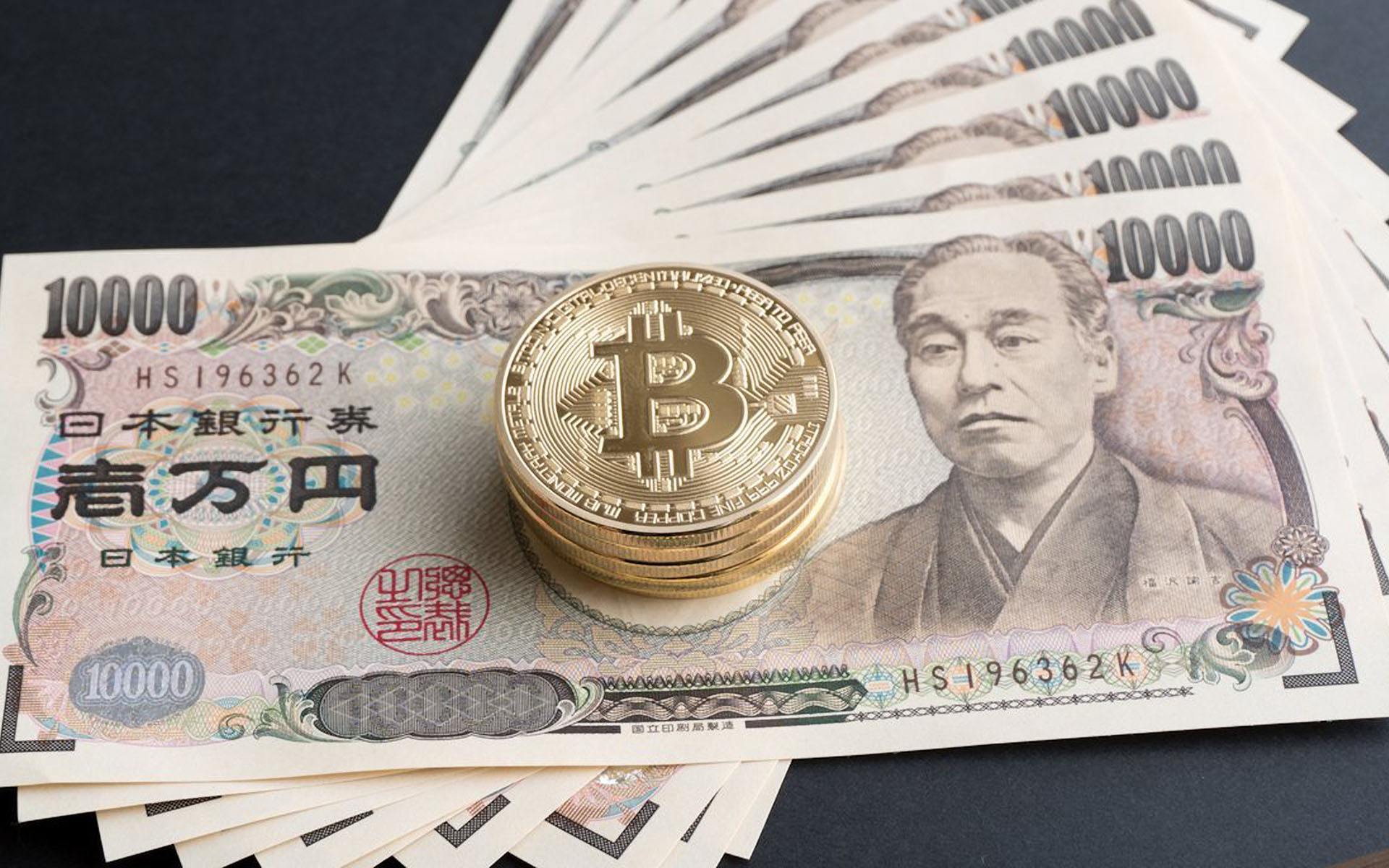Cryptocurrency opponents have long argued that digital currencies are tools for money launderers. If the National Police Agency in Japan is to be believed, that may indeed be the case — though it’s not as prevalent as one might think.
Minimal money laundering
According to reports, the National Police Agency in Japan suspects 669 cases of cryptocurrency-utilized money laundering between the months of April and December.
The reports come directly from the cryptocurrency exchange operators themselves, which are obligated under Japanese regulatory measures to report suspicious transactions which may signal money laundering. The measure has been established to prevent criminal transactions — one of the biggest fears associated with digital currencies.
It is important to note, however, that the overall number of suspected money-laundering cases in Japan in 2017 currently stands at 400,043 — which means cryptocurrency cases reported during those 9 months only accounts for less than 0.17 percent of all suspected money-laundering cases.

The incredibly small percentage of crypto-utilized money-laundering cases seems to undermine the argument that digital currencies are tools for criminals looking to wash their money, though it could admittedly suggest many criminal cryptocurrency transactions go unnoticed.
What triggers a report from Japanese exchange operators is not currently known, though — according to Reuters — “questionable transactions repeated frequently in a short span of time” are likely what raises red flags.
Currently, exactly 16 cryptocurrency exchanges are legally registered to operate in Japan — a country which leads the charge in what may be deemed by some as constructive regulation.
Is Europe getting it wrong?
These statistics also follow reports that earlier this month, Rabobank — a major Dutch bank which refused to service Bitcoin businesses due to “compliance risks” — was fined $369 million for money laundering.

Additionally, the European Union Agency for Law Enforcement Cooperation (Europol) recently claimed that three to four billion pounds ($4.1 to $5.5 billion) of criminal money is being laundered using cryptocurrency in Europe alone.
The reports out of Japan seem to suggest that either Europol is wrong in their assessment, or Europe has a much more significant money laundering problem than most people might assume.
Do you think money laundering with cryptocurrency is a widespread problem, or do you think it only comprises an extremely small percentage of all money laundering cases? Let us know in the comments below!
Images courtesy of Bitcoinist archives, Shutterstock









